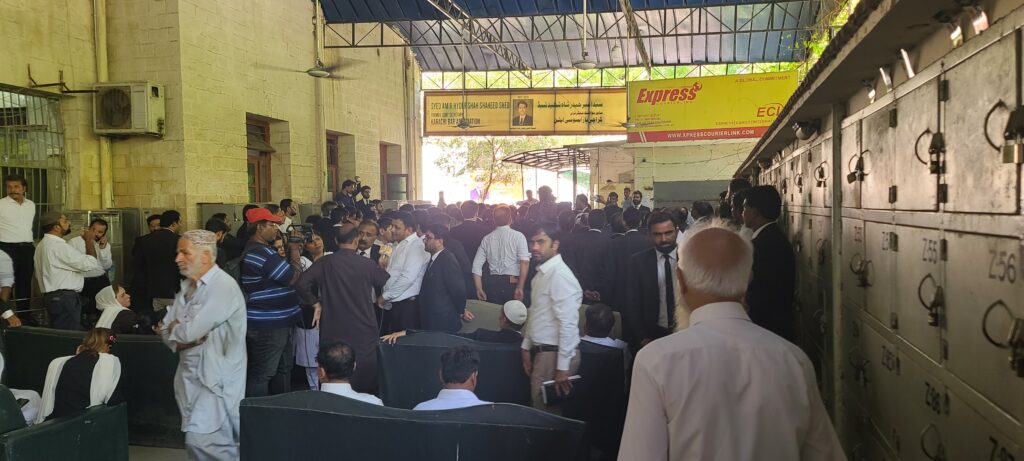Karachi, April 12, 2025– The legal fraternity of Sindh has intensified its opposition to the controversial extraction of six canals from the River Indus, with the Sindh Bar Council (SBC) joining the Karachi Bar Association and the Sindh High Court Bar Association in condemning the move. In a strongly worded statement, Vice Chairman Shafqat Rahim Rajput and Executive Committee Chairman Muhammad Saeed Abbasi reiterated the council’s stance, warning of severe environmental, social, and economic consequences for the province. The SBC cited its earlier resolutions dated January 25, March 8, March 13, and March 29, 2025, and accused the federal government of deliberately ignoring demands to halt the project. The SBC demanded the immediate de-notification of the canal extraction plan and a halt to ongoing construction, threatening further action if the government fails to comply. As a mark of protest, the council announced a province-wide boycott of court proceedings on April 12, 2025, urging lawyers across Sindh to abstain from work.
This move signals escalating tensions between Sindh’s legal bodies and the federal government over water rights. Legal experts and activists argue that the canal project threatens Sindh’s water share, exacerbating agrarian crises and violating constitutional protections for provincial resources. With no response from authorities, the SBC warned of a “next course of action,” hinting at potential legal challenges or mass protests. The unified stance of Sindh’s bar associations underscores the deepening conflict over resource distribution, setting the stage for a prolonged confrontation. The dispute stems from long-standing grievances over water allocation between provinces, with Sindh alleging that upstream diversions disproportionately harm its agricultural and ecological stability. The legal community’s mobilization reflects broader public discontent, raising pressure on policymakers to address the crisis.

